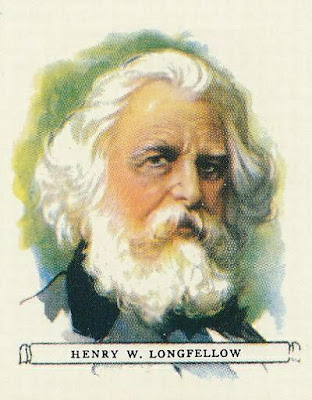Dirda has reappeared at The Washington Post with "What are the best adventure novels?" including a list of books that he would choose:
What are the greatest adventure novels ever written? By “adventure” I don’t mean “exciting” — nearly all fiction should be exciting in some way — but rather stories that emphasize action, danger and heroism. My own nominees — and tastes will certainly differ — would include the following baker’s dozen:
- Homer, The Odyssey
- Alexandre Dumas, The Count of Monte Cristo
- Jules Verne, Journey to the Center of the Earth
- Robert Louis Stevenson, Treasure Island
- H. Rider Haggard, She
- Anthony Hope, The Prisoner of Zenda
- Baroness Orczy, The Scarlet Pimpernel
- Edgar Rice Burroughs, A Princess of Mars
- John Buchan, Greenmantle
- Rafael Sabatini, Captain Blood
- P.C. Wren, Beau Geste
- Geoffrey Household, Rogue Male
- Frans G. Bengtsson, The Long Ships
I haven't read The Odyssey since it was assigned in school. I never got into Haggard or Burroughs, except for a couple of the Tarzan books when I was in grade school. I know nothing about Bengtsson. But I do know the rest, and many are among my favorite reads.
Dirda goes on to consider some of the post-WWII titles he might choose as great adventure novels, and again, it's a list that includes many I've read with pleasure. Most of the rest of the essay is about another author unfamiliar to me, Lionel Davidson, and particularly his The Rose of Tibet.
I am very much looking forward to the book Michael Dirda is working on, an "appreciation and guide to the popular fiction of late 19th and early 20th century Britain."






